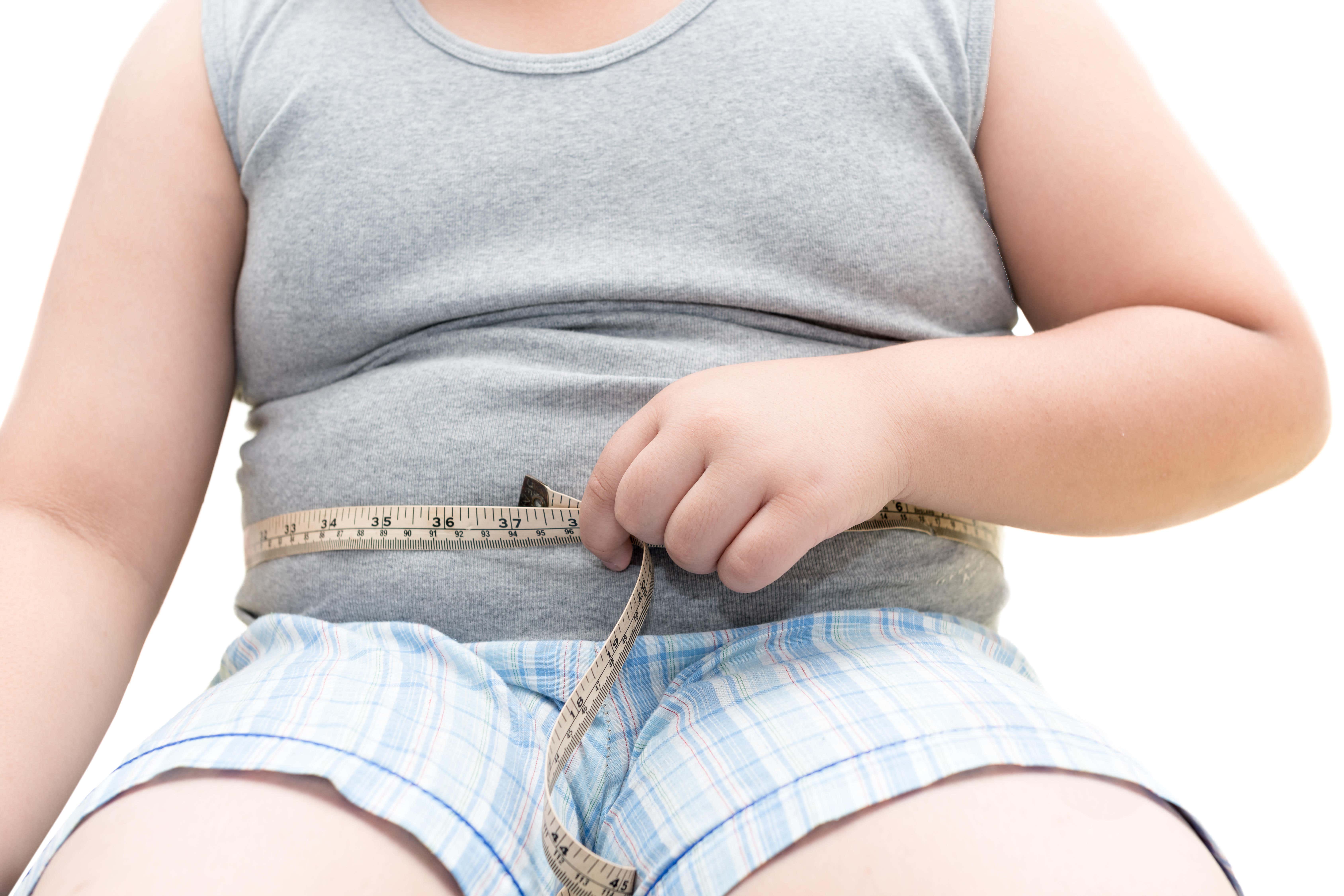ARTICLE AD BOX
Weight-loss injections for severely obese children are proving effective, easing mealtime battles and aiding weight reduction, researchers revealed.
These jabs, known as GLP-1 receptor agonists, curb food cravings and are currently available to adults on the NHS based on BMI or through private providers.
While the National Institute for Health and Care Excellence (Nice) paused its appraisal of semaglutide (Wegovy) for children aged 12-17 due to a lack of evidence from manufacturer Novo Nordisk, specialist clinics can prescribe these injections when clinically necessary.
The study presented at the European Congress on Obesity in Malaga, Spain, demonstrated that these drugs, combined with existing diet and lifestyle plans, helped youngsters lose weight.
However, potential side effects such as nausea, diarrhoea, stomach cramps, and vision problems should be considered.
Dr Annika Janson, from Karolinska University Hospital in Sweden – who presented the new research, said: “GLP-1 drugs are increasingly used to treat obesity in adults.
“They can also be used in children from the age of 12 and clinical trials have shown children lose 5 per cent -16 per cent of their body weight after a year of treatment.
“However, treating children in real-life situations has challenges that don’t come up in research studies.
“Children have varying degrees of obesity, co-morbidities and complications and may have faced problems in supply of the drug, financing it or taking it.
“As a consequence, it is difficult to isolate the effect of adding GLP-1 drugs to the plethora of treatments that are already available.”

To address this question, Dr Janson and colleagues added GLP-1 receptor agonists to an existing treatment programme for child obesity.
The study involved 1,126 children (52 per cent of them boys) aged up to 16 with severe obesity who were receiving intensive health behaviour and lifestyle treatment (IHBLT) at the National Childhood Obesity Centre in Stockholm.
IHBLT involves working with children, families and schools and looks at healthy foods, meal size, meal order, screen time, exercise and psychological wellbeing.
From 2023, GLP-1 drug liraglutide was included for around one in four patients. Later on, the drug semaglutide (Wegovy) was used.
While the reduction in BMI was similar between the groups until 2022, adding a weight loss jab had an additional effect.
Some 30 per cent on liraglutide dropped enough weight to improve their health, compared with around 27 per cent of those treated earlier on with no jab.
While the differences do not seem big, and not all children were taking the drug at all points, it suggests a trend, Dr Janson said. She said there were better later results with semaglutide.
“Only a fraction of the children had GLP-1 drugs and most of those who did started on them six to 12 months into the treatment programme. Longer-term treatment may lead to greater improvements in BMI,” she said.
“These are just early indications but it does look as if the average effect of being a patient at our clinic has improved after adding GLP-1 drugs to the toolbox.”

She added: “Many children with severe obesity describe hunger and a strong appetite – both of which GLP-1 receptor agonists are known to help with.
“Results beyond obesity are also important. The families reported reduced conflicts around food and improved capacity for other lifestyle adaptations.
“It was easier to stick to meals and limit snacks. Portions could be down-sized. For some children, not being hungry all the time is a new feeling.
“GLP-1 receptor agonists are clearly beneficial to many children with severe obesity and, while they won’t help in all cases, more children should have access to these important medications.”
A spokesman for Novo Nordisk said: “Novo Nordisk did not submit evidence for a Nice appraisal for semaglutide and liraglutide for managing overweight and obesity in young people aged 12 to 17 years due to a lack of utility data and risk equations in linking weight loss in adolescents to long-term outcomes.
“As such, there are significant limitations in estimating the cost-effectiveness in this patient population, utility estimates that adequately capture the full impact on their quality of life, and not enough data to support an economic model that meets the Nice reference case.
“At this time, Novo Nordisk does not intend to make an evidence submission for the appraisal of semaglutide and liraglutide for managing overweight and obesity in young people aged 12 to 17 for the use in the NHS.
“We will continue to evaluate our evidence package in consideration of supporting any potential future submission for this patient group.”









 English (US) ·
English (US) ·